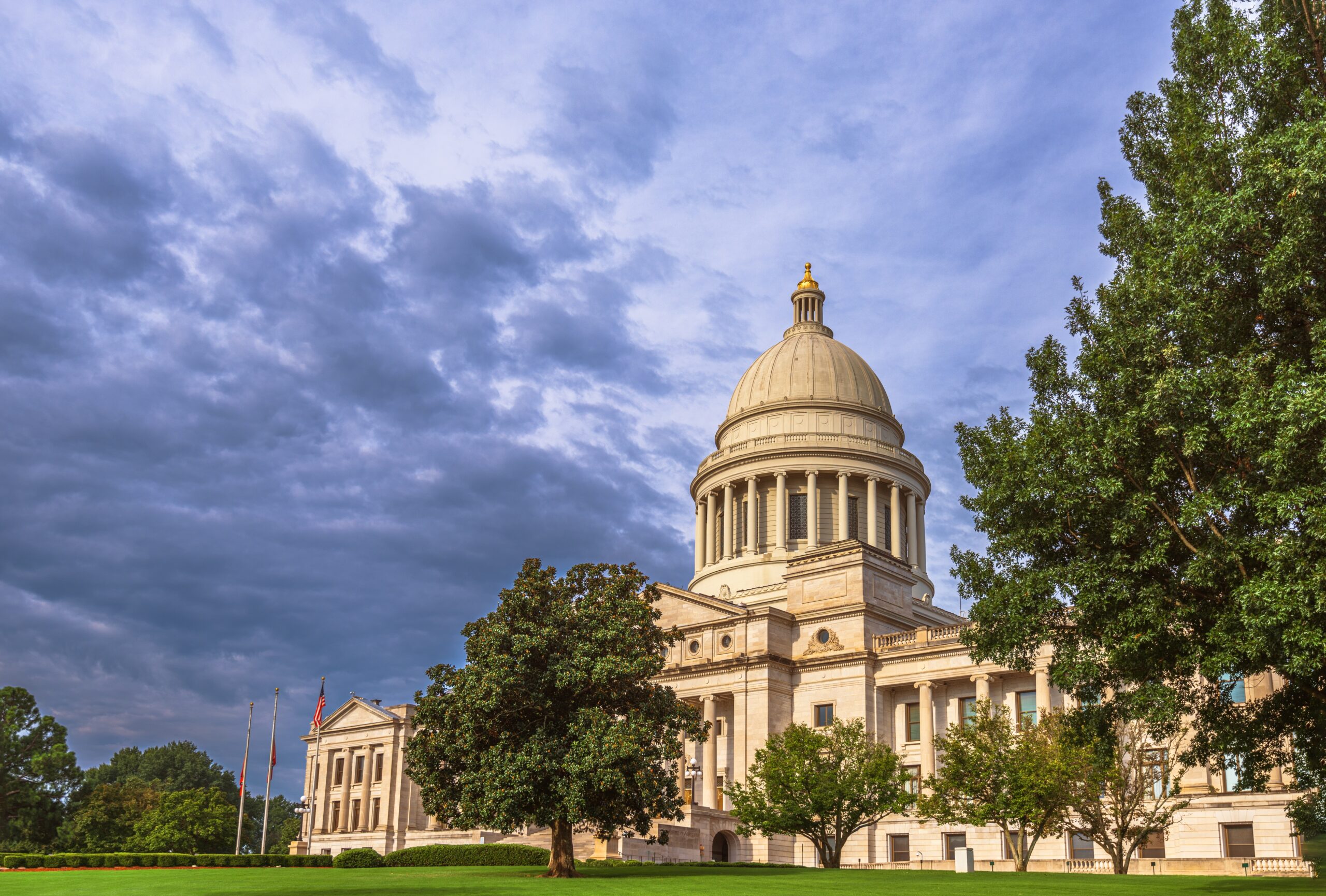
“Personality vs. Personalization” in AI Systems: Responsible Design and Risk Management (Part 4)
This post is the fourth and final blog post in a series on personality versus personalization in AI systems. Read Part 1 (exploring concepts), Part 2 (concrete uses and risks), and Part 3 (intersection with U.S. law). Conversational AI technologies are hyper-personalizing. Across sectors, companies are focused on offering personalized experiences that are tailored to […]

FPF at PDP Week 2025: Generative AI, Digital Trust, and the Future of Cross-Border Data Transfers in APAC
Authors: Darren Ang Wei Cheng and James Jerin Akash (FPF APAC Interns) From July 7 to 10, 2025, the Future of Privacy Forum (FPF)’s Asia-Pacific (APAC) office was actively engaged in Singapore’s Personal Data Protection Week 2025 (PDP Week) – a week of events hosted by the Personal Data Protection Commission of Singapore (PDPC) at […]

Balancing Innovation and Oversight: Regulatory Sandboxes as a Tool for AI Governance
Thanks to Marlene Smith for her research contributions. As policymakers worldwide seek to support beneficial uses of artificial intelligence (AI), many are exploring the concept of “regulatory sandboxes.” Broadly speaking, regulatory sandboxes are legal oversight frameworks that offer participating organizations the opportunity to experiment with emerging technologies within a controlled environment, usually combining regulatory oversight […]

Data-Driven Pricing: Key Technologies, Business Practices, and Policy Implications
Data-driven pricing: A set of practices that use personal and/or non-personal data to routinely inform decisions about the prices and products offered to consumers, often for the purpose of price personalization. State lawmakers in the U.S. are seeking to regulate various pricing strategies that fall under the umbrella of data-driven pricing, following the release in […]

FPF Launches Major Initiative to Study Economic and Policy Implications of AgeTech
FPF and University of Arizona Eller College of Management Awarded Grant by Alfred P. Sloan Foundation to Address Privacy Implications, and Data Uses of Technologies Aimed at Aging At Home The Future of Privacy Forum (FPF) — a global non-profit focused on data protection, AI and emerging technologies–has been awarded a grant from the Alfred […]

Little Rock, Minor Rights: Arkansas Leads with COPPA 2.0-Inspired Law
With thanks to Daniel Hales and Keir Lamont for their contributions. Shortly before the close of its 2025 session, the Arkansas legislature passed HB 1717, the Arkansas Children and Teens’ Online Privacy Protection Act, with unanimous votes. As the name suggests, Arkansas modeled this legislation after Senator Markey’s federal “COPPA 2.0” proposal, which passed the […]

Little,Rock,,Arkansas,,Usa,At,The,State,Capitol,And,Park
little,rock,,arkansas,,usa,at,the,state,capitol,and,park
